Basics – Sheep
By Julie Francis
Moffitts Farm Wiltipolls
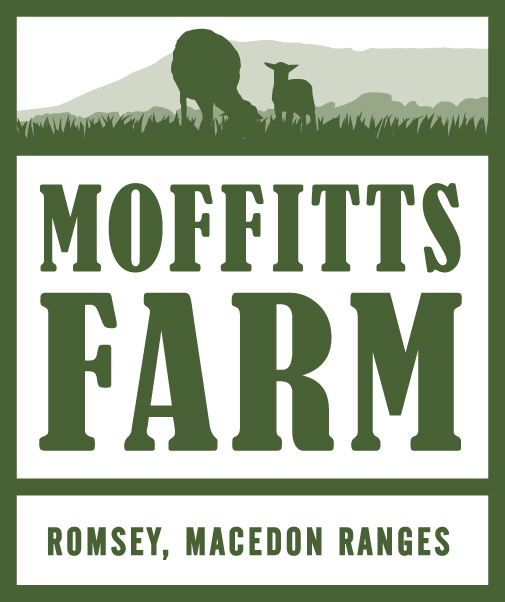
At Moffitts Farm we breed a type of sheep known as a Wiltipoll, they have no horns and they shed their wool in spring, so they have a short coat for the summer – no shearing is required. Their value as low maintenance, friendly sheep means they are excellent as lawn mowing pets for small farmers, schools and others. More information about lawn mowing sheep can be found here.
These sheep also produce a quality lamb product (available exclusively at Meatsmith, Fitzroy). Meat quality, that is tenderness of meat you buy, is influenced by a range of factors many of which the farmer can influence. The two most important on-farm factors are high levels of nutrition during the animal’s life and, secondly, high animal contentment, or put another way, low stress around humans. Comfortable Farming ensures both are looked after to the optimum level. In 2015 Moffitts Farm Wiltipolls won a silver medal at the Royal Melbourne Fine Food Awards, recognised for flavour, tenderness and juiciness of the product.
Added to the high meat quality of Moffitts Farm lamb are two important environmental credentials:
- Moffitts Farm is a net carbon sink after taking account of all emissions,
- Food miles for our meat are low, with the animals moving from farm in Romsey to processing in Kyneton (30km away) and being sold at the Meatsmith shop in Fitzroy (85 km from Kyneton).
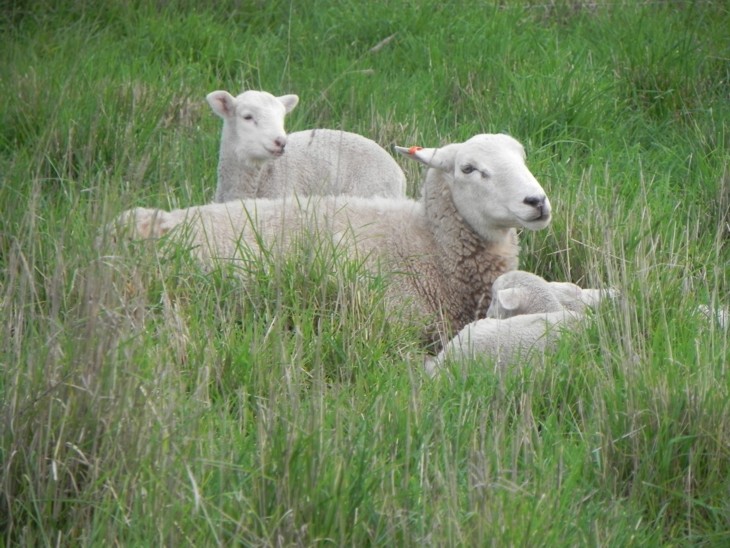
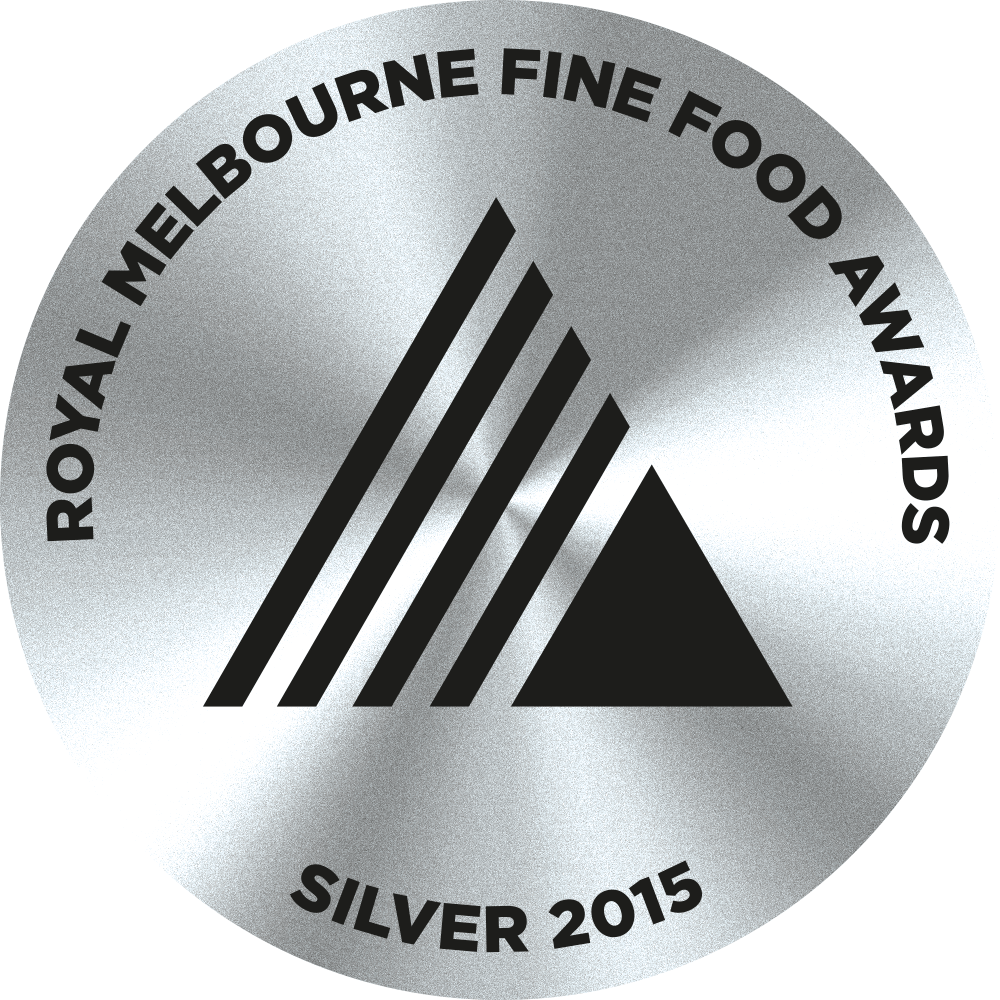
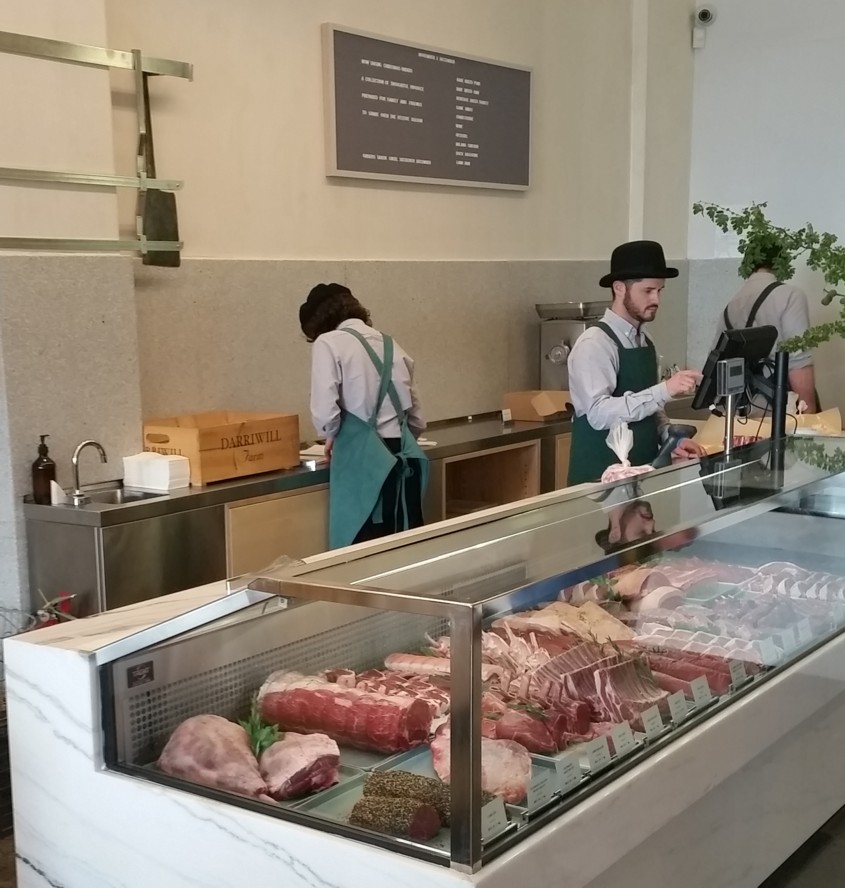

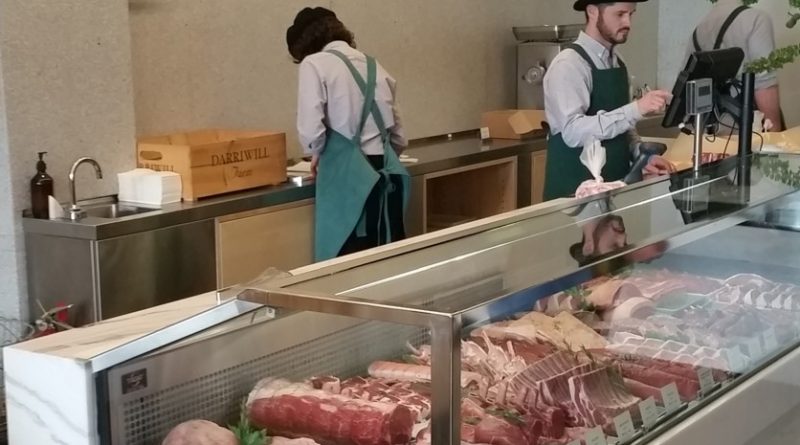
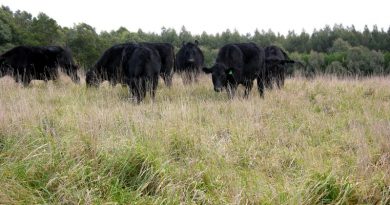
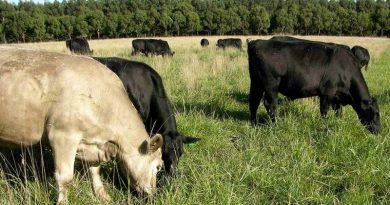
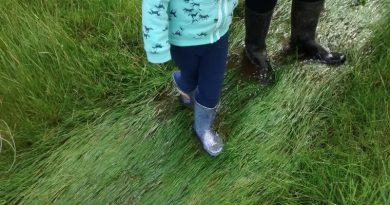
I have a small flock of Wiltipolls…14 ewes and 22 wethers. I have a ram running with the ewes since February. They appear to be all in lamb.
When should I vaccinate them and which vaccine should I use?
Could you advice me?
Marg Mc
Hi Marg,
Sorry for the delayed response. We vaccinate all pregnant ewes with 6 in 1 clostridial vaccine about 2 – 4 weeks prior to due date of lambing. We also drench pregnant ewes three days prior to due date of lambing and shift them into their lambing paddocks which have been rested from grazing for about 12 weeks. The long grazing rest helps ensure there are very few worm larvae on the lambing paddock pastures. As well the pasture height in the lambing paddock is generally 15 to 30cm which also means worm larvae are not being consumed, if any are present they are close to the soil surface so not in the ewes grazing zone. All lambs are vaccinated with 6 in 1 for the first time at lamb marking which for us is at 5 to 6 weeks of age. We vaccinate the lambs for the second time with 6 in 1 at weaning which for us is around 11 to 12 weeks of age. Hope lambing went well for you, it did for us, we have just finished with a record 173% lambs born. Previous best was 153%